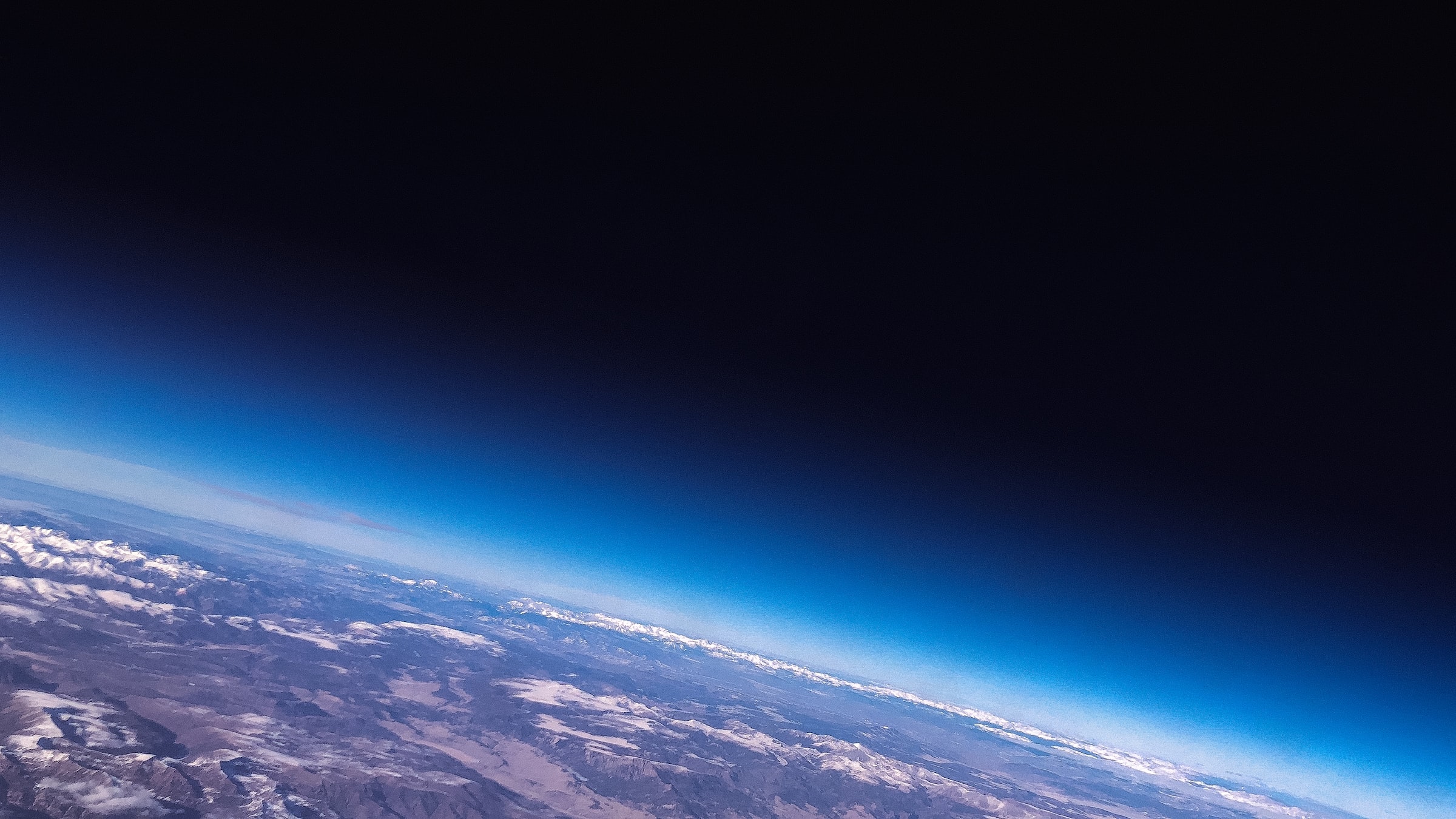This reflection comes from a homily Bishop Peter gave in Taradale on the First Sunday in Advent in 2018.
The beautiful season of Advent invites us to make our own the prophecies and prayers and poetry of the people of old in their longing for the promised Saviour. We tap into their ways of “looking forward to” his coming. In that way Christmas will mean more to us.
But it’s not just about remembering the past: Advent is also about looking forward to his Second coming. Here the language changes: in today’s Gospel (Mark 13:24-37) Jesus speaks of “signs in the sun and moon and stars” and turmoil and anguish. So what does this mean?
First of all, it is not a literal description of the end-time. The authors of scripture were not writing science. In fact, like everyone else in their day, their understandings were pre-scientific. When they had recourse to apocalyptic language it was precisely because what happens at the end of time exceeds all human understanding. There is no language for it.
The dramatic language of turmoil is justified by the need to draw our attention to a radical disjunction between life as we presently know it and the wonderful future God has in store for us. But this disjunction is between an existence lived within time and an existence outside of time. This is why we are warned not to cling to the present forms of life, because they will pass away.
The disjunction is not a dualistic disjunction between creation itself and ‘heaven’ or ‘salvation’. We do not live on the planet as if on a stage, waiting for our turn to be taken off, and leaving the universe to eventually become some sort of eternal dust bin – that would fall short of what we know about God’s love for all creation and God’s immersion in human history. St Paul tells us the whole of creation is “in travail” – in a struggle to be born, to become what eventually it will be through union with the Risen Christ. In him creation is already made new; through belonging to him we belong to it.

We are part of the universe; our lives are part of its life. It started as gases, which eventually became the physical components of the planets. Much later, life emerged, and later still, consciousness. That’s us! In us the universe attained consciousness; in us the cosmos awakens to its own meaning, and in us it gives thanks for its existence.
Its thanksgiving reaches a climax in the celebration of Eucharist: “In the Eucharist, the whole cosmos gives thanks to God. The Eucharist is itself an act of cosmic love.” (Pope Francis, LS 236). “Even when the Eucharist is celebrated on the humble altar of a country church, it is always in some way celebrated on the altar of the world. It unites Heaven and earth. It embraces and permeates all creation” (Pope John Paul II, Eccl. De Eucharistia, 8).
The “new creation” can only be of God’s making – just as Jesus’ resurrection was God’s doing. But God has chosen to work in and through us, enabling us to participate in what God is doing. This means that our own expressions of love and compassion contribute to what the fully redeemed universe will look like. No sacrifice for what is good or true or right or beautiful is ever wasted. Or, as the Council put it: “all the good fruits of human nature and of human enterprise, we shall find again, cleansed and transfigured” (GS 39). Nothing precious to us is ever lost.
The first generation of Christians so much looked forward to his coming again, and prayed that it would be soon! What has happened to us that we don’t? Is this season of Advent a time to rediscover why Jesus meant so much to them, why they loved him, and longed for his coming again?